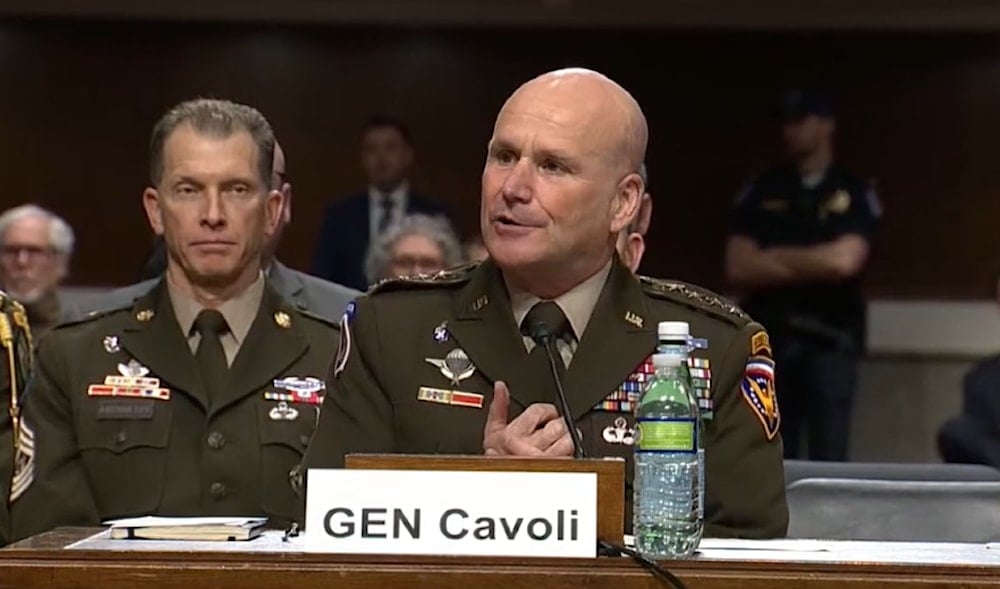Russia a highly strategic negotiator, US General tells Senate
General Christopher Cavoli, speaking before the US Senate Armed Services Committee, described Russia as a highly strategic and deliberate negotiator amid intensified US efforts to broker a ceasefire in Ukraine.
-

NATO Commander-in-Chief Christopher Cavoli (Screengrab)
General Christopher Cavoli, head of US European Command and NATO's Supreme Allied Commander Europe, told the Senate on Thursday that Russia remains a highly skilled and deliberate negotiator, even in engagements involving narrow or tactical issues.
"I believe they are a very deliberate negotiating partner. I believe they are very strategic in their negotiations, even over small tactical things that I've been involved in over the years," Cavoli said. "I believe they're highly proficient at it and they will always chase their interest."
His testimony comes at a pivotal moment as the United States intensifies its diplomatic push to end the war in Ukraine, now entering its third year. Russia began a special military operation in Ukraine on February 24, 2022, citing the need to protect Russian-speaking populations and ensure national security through the demilitarization and denazification of Ukraine.
President Donald Trump, who returned to office in January, pledged during his campaign to end the conflict within 24 hours of taking office—a promise he later described as "a little bit sarcastic" but still reflective of his intent to broker peace swiftly. His administration has since tasked retired Lieutenant General Keith Kellogg with leading ceasefire negotiations, setting a goal of achieving a truce within 100 days.
Kellogg stated Wednesday that negotiations are advancing and have reached a critical juncture. "The parties are on the 'precipice' of achieving a ceasefire in Ukraine," he said, but noted the need for both Moscow and Kiev to engage in mutual compromise. "Both Moscow and Kiev need to come to some sort of accommodation to accomplish that."
Amid these efforts, tensions have surfaced between Trump and Russian President Vladimir Putin. Trump has reportedly expressed frustration with delays in progress and has threatened new tariffs on Russian oil exports if a deal is not reached soon. The Kremlin has responded cautiously, with spokesperson Dmitry Peskov insisting that work is ongoing and that efforts to rebuild relations continue.
Read more: TotalEnergies expert predicts partial return of Russian gas to Europe

 2 Min Read
2 Min Read









